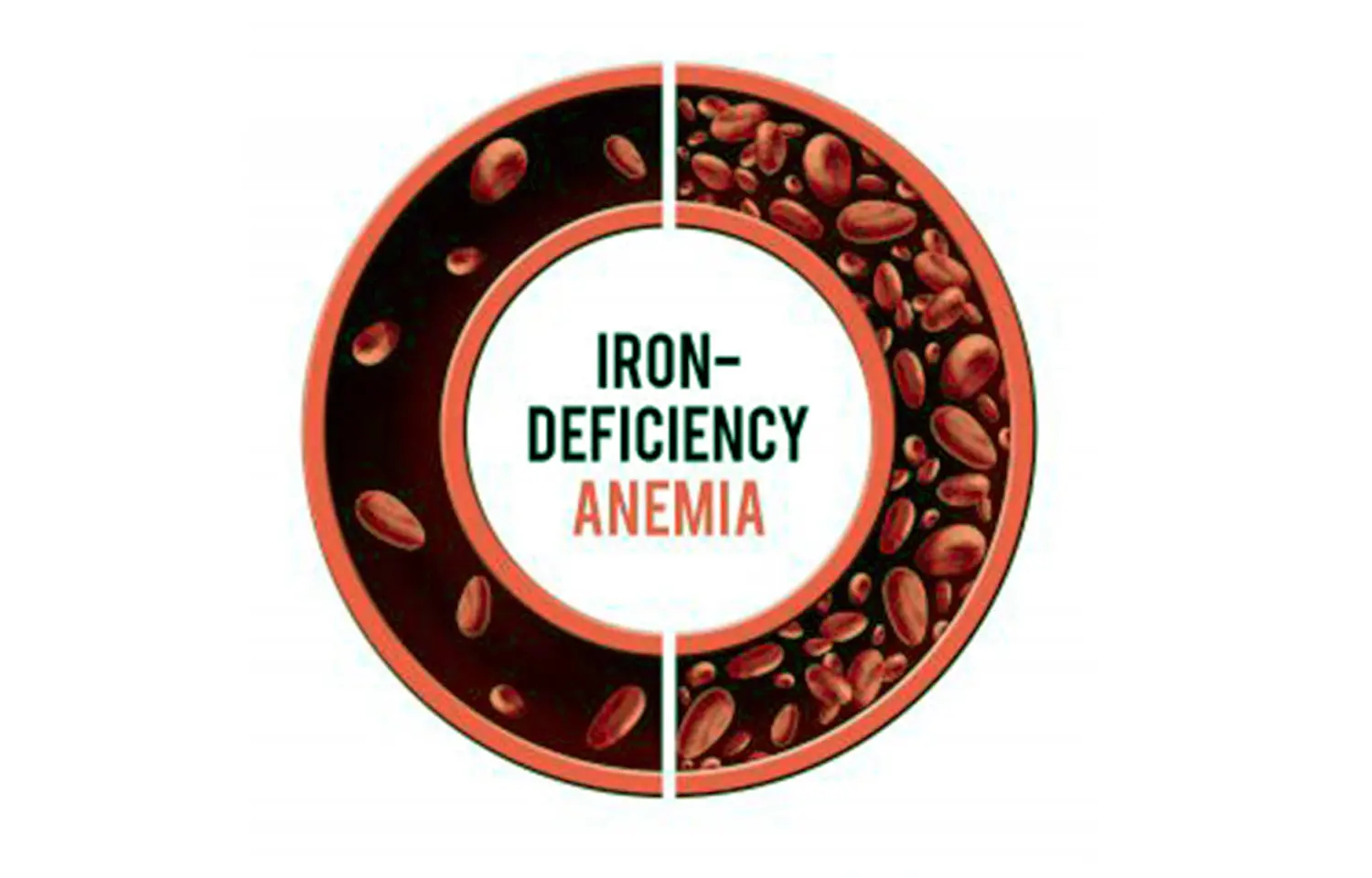- Home
- Medical news & Guidelines
- Anesthesiology
- Cardiology and CTVS
- Critical Care
- Dentistry
- Dermatology
- Diabetes and Endocrinology
- ENT
- Gastroenterology
- Medicine
- Nephrology
- Neurology
- Obstretics-Gynaecology
- Oncology
- Ophthalmology
- Orthopaedics
- Pediatrics-Neonatology
- Psychiatry
- Pulmonology
- Radiology
- Surgery
- Urology
- Laboratory Medicine
- Diet
- Nursing
- Paramedical
- Physiotherapy
- Health news
- Fact Check
- Bone Health Fact Check
- Brain Health Fact Check
- Cancer Related Fact Check
- Child Care Fact Check
- Dental and oral health fact check
- Diabetes and metabolic health fact check
- Diet and Nutrition Fact Check
- Eye and ENT Care Fact Check
- Fitness fact check
- Gut health fact check
- Heart health fact check
- Kidney health fact check
- Medical education fact check
- Men's health fact check
- Respiratory fact check
- Skin and hair care fact check
- Vaccine and Immunization fact check
- Women's health fact check
- AYUSH
- State News
- Andaman and Nicobar Islands
- Andhra Pradesh
- Arunachal Pradesh
- Assam
- Bihar
- Chandigarh
- Chattisgarh
- Dadra and Nagar Haveli
- Daman and Diu
- Delhi
- Goa
- Gujarat
- Haryana
- Himachal Pradesh
- Jammu & Kashmir
- Jharkhand
- Karnataka
- Kerala
- Ladakh
- Lakshadweep
- Madhya Pradesh
- Maharashtra
- Manipur
- Meghalaya
- Mizoram
- Nagaland
- Odisha
- Puducherry
- Punjab
- Rajasthan
- Sikkim
- Tamil Nadu
- Telangana
- Tripura
- Uttar Pradesh
- Uttrakhand
- West Bengal
- Medical Education
- Industry
Vitamin C has no role in improving Hb in patients with iron-deficiency anemia: JAMA

China: Addition of vitamin C supplements to iron supplementation does nothing to improve hemoglobin recovery and iron absorption in patients with iron-deficiency anemia (IDA), suggests a recent study in the journal JAMA Network Open.
Vitamin C has been routinely used with oral iron supplements for IDA patients but it remains uncertain whether vitamin C is essential or not. Nianyi Li, Department of Hematology, Huashan Hospital, Fudan University, Shanghai, China, and colleagues compared the equivalence and assessed the safety of oral iron supplements plus vitamin C or oral iron supplements alone in patients with IDA.
The study enrolled about 440 adult patients with newly diagnosed IDA -- hemoglobin level less than 13 g/dL for men, less than 12 g/dL for women. They were randomly assigned to receive 100-mg oral iron supplements with or without 200-mg vitamin C supplements every 8 hours.
Key findings of the study include:
- From baseline to the 2-week follow-up, the mean (SD) change in hemoglobin level was 2.00 g/dL in the oral iron supplements plus vitamin C group and 1.84 g/dL in the oral iron supplements–only group thus meeting the criteria for equivalence.
- The mean (SD) change in serum ferritin level from baseline to 8-week follow-up was 35.75 ng/mL in the vitamin C plus iron group and 34.48 ng/mL in the iron-only group.
- There were no significant differences between the 2 groups regarding the rates of adverse events (20.9% vs 20.5%).
- No patient withdrew because of adverse events.
"Among patients with IDA, oral iron supplements alone were equivalent to oral iron supplements plus vitamin C in improving hemoglobin recovery and iron absorption," wrote the authors.
"These findings suggest that on-demand vitamin C supplements are not essential to take along with oral iron supplements for patients with IDA," they concluded.
"The Efficacy and Safety of Vitamin C for Iron Supplementation in Adult Patients With Iron Deficiency Anemia: A Randomized Clinical Trial," is published in the journal JAMA Network Open.
DOI: https://jamanetwork.com/journals/jamanetworkopen/fullarticle/2772395
Dr Kamal Kant Kohli-MBBS, DTCD- a chest specialist with more than 30 years of practice and a flair for writing clinical articles, Dr Kamal Kant Kohli joined Medical Dialogues as a Chief Editor of Medical News. Besides writing articles, as an editor, he proofreads and verifies all the medical content published on Medical Dialogues including those coming from journals, studies,medical conferences,guidelines etc. Email: drkohli@medicaldialogues.in. Contact no. 011-43720751


